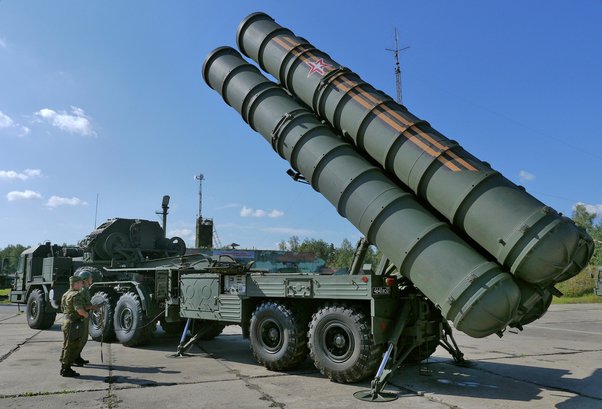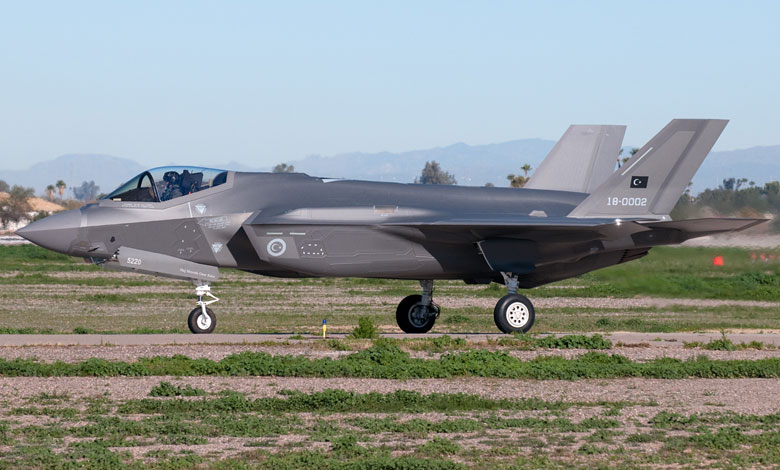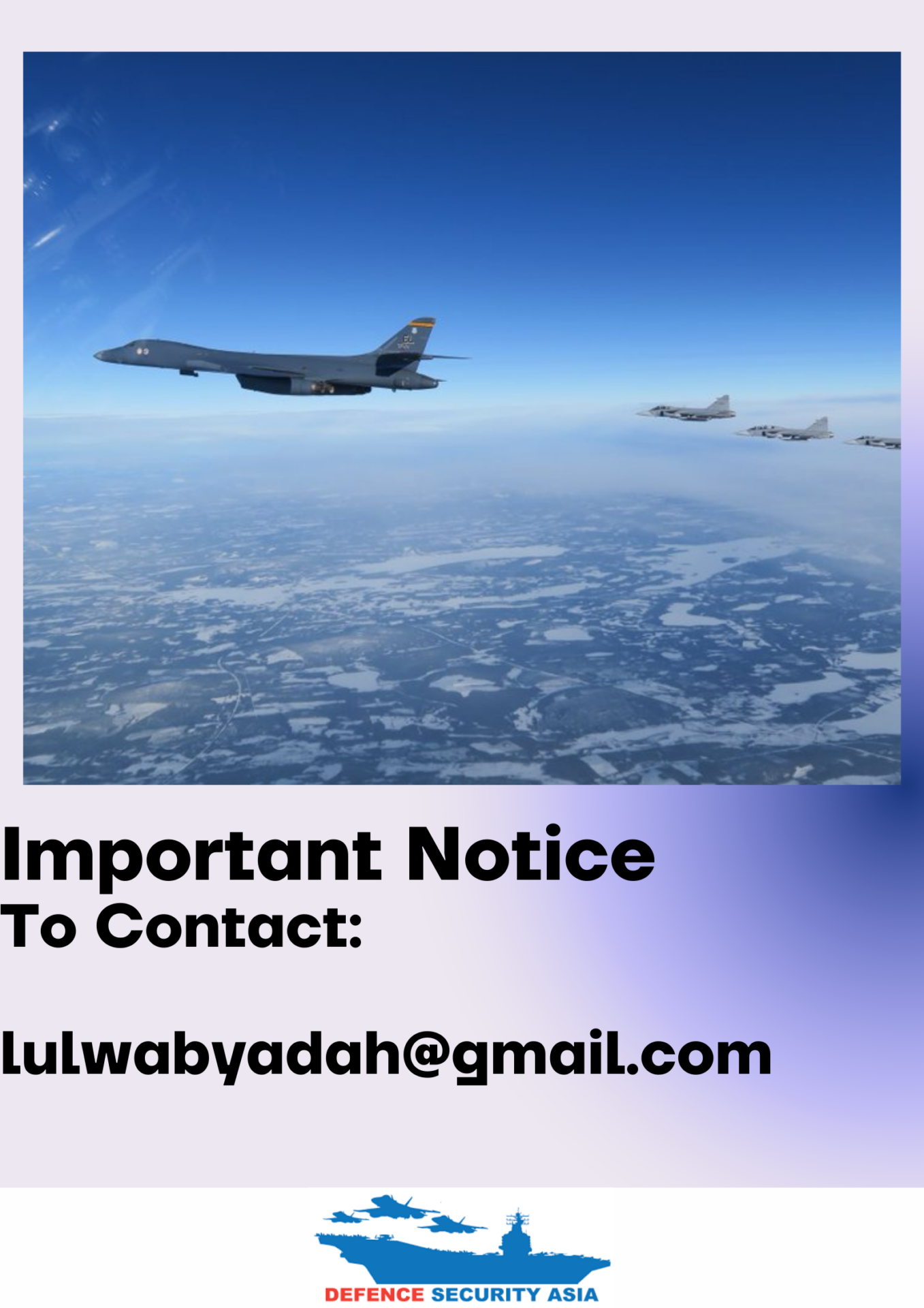NO!!! Turkey Firmly States It Will Not Transfer Its S-400 “Triumf” to Other Countries
As Ukraine faces a critical shortage of air defense systems to protect itself from aerial and missile attacks by Russia, Turkey has reiterated its stance not to transfer its S-400 "Triumf" air defense system to any other country.
(DEFENCE SECURITY ASIA) — As Ukraine faces a critical shortage of air defense systems to protect itself from aerial and missile attacks by Russia, Turkey has reiterated its stance not to transfer its S-400 “Triumf” air defense system to any other country.
This position was emphasized by Turkish Defense Minister Yasar Guler amid strong speculation that the United States had requested Turkey to relocate its Russian-made S-400 system to Ukraine.
The transfer of the S-400 system to Ukraine is reportedly a key condition set by Washington before re-admitting Turkey into the fifth-generation F-35 fighter jet development program.
“Handing over your S-400 air defense system to another country is out of the question,” stated the Turkish Defense Minister during a television broadcast yesterday about the proposal to transfer the system to other nations.
Turkey spent approximately $2.5 billion (RM11.5 billion) to acquire the S-400 system from Russia, with the system being delivered by Moscow in 2019.

Ankara’s acquisition of the S-400 from Russia incited Washington’s ire, leading to Turkey being removed from the F-35 fighter jet program and facing military sanctions.
Under the fighter jet program, Turkey had agreed to acquire a total of 100 F-35 jets for its air force.
The United States has reportedly intensified its efforts to procure air defense systems, especially Russian-made ones, to supply to Ukraine due to the critical shortage Kiev is currently facing.
In addition to Turkey, the United States has also reportedly asked Greece to “hand over” its S-300 air defense system to Ukraine, among other countries operating Russian-made air defense systems.
The United States and several European countries have provided MIM-104 Patriot air defense systems to defend Ukraine, but continuous attacks by Russia have critically depleted the supply of Patriot missiles.
Additionally, Russia is alleged to have successfully destroyed several of the highly-prized Patriot air defense systems along with other systems supplied by NATO countries.

Speculation that Turkey might agree to “hand over” its S-400 system to Ukraine under U.S. pressure gained momentum, particularly following the visit of U.S. Deputy Secretary of State Victoria Nuland to the Mediterranean country in late January.
In an interview with Turkish media, Nuland stated that Washington is ready to “welcome back” the Mediterranean country into the fifth-generation fighter jet program, contingent on resolving the S-400 air defense system issue.
“If we can resolve the S-400 issue, which we (the United States) want to resolve, we are very eager to welcome Turkey back into the F-35 family,” Nuland said.
“If we can overcome this issue, the CAATSA (Countering America’s Adversaries Through Sanctions Act (CAATSA) issue will disappear, and we can return to discussions about the F-35,” she added.
CAATSA is a United States federal law that imposed sanctions on Iran, North Korea, and Russia.
U.S. Ambassador to Turkey Jeff Flake recently indicated during a January visit to Turkey that Nuland had “suggested a solution” to the F-35 acquisition issue by the Mediterranean country.

He did not elaborate on the “solution,” but it is believed to be closely related to the transfer of Turkey’s S-400 system to Ukraine to counter Russian aerial attacks.
Speculation in Turkey suggests that Nuland and Flake’s statements could mean that the CAATSA sanctions imposed by Washington on Turkey might be lifted, allowing Ankara to proceed with the purchase of 100 F-35 jets.
Six of these jets have already been constructed in the United States, but due to the CAATSA sanctions, they currently remain “grounded” in American hangars.
Despite holding an initial payment of $1.4 billion (RM5.4 billion) that Turkey made for its participation in the F-35 program, Washington has not only refused to return the funds but has also asked Ankara to pay an additional $30 million for the maintenance of the six aircraft currently “grounded” in the United States. — DSA



Comments are closed.